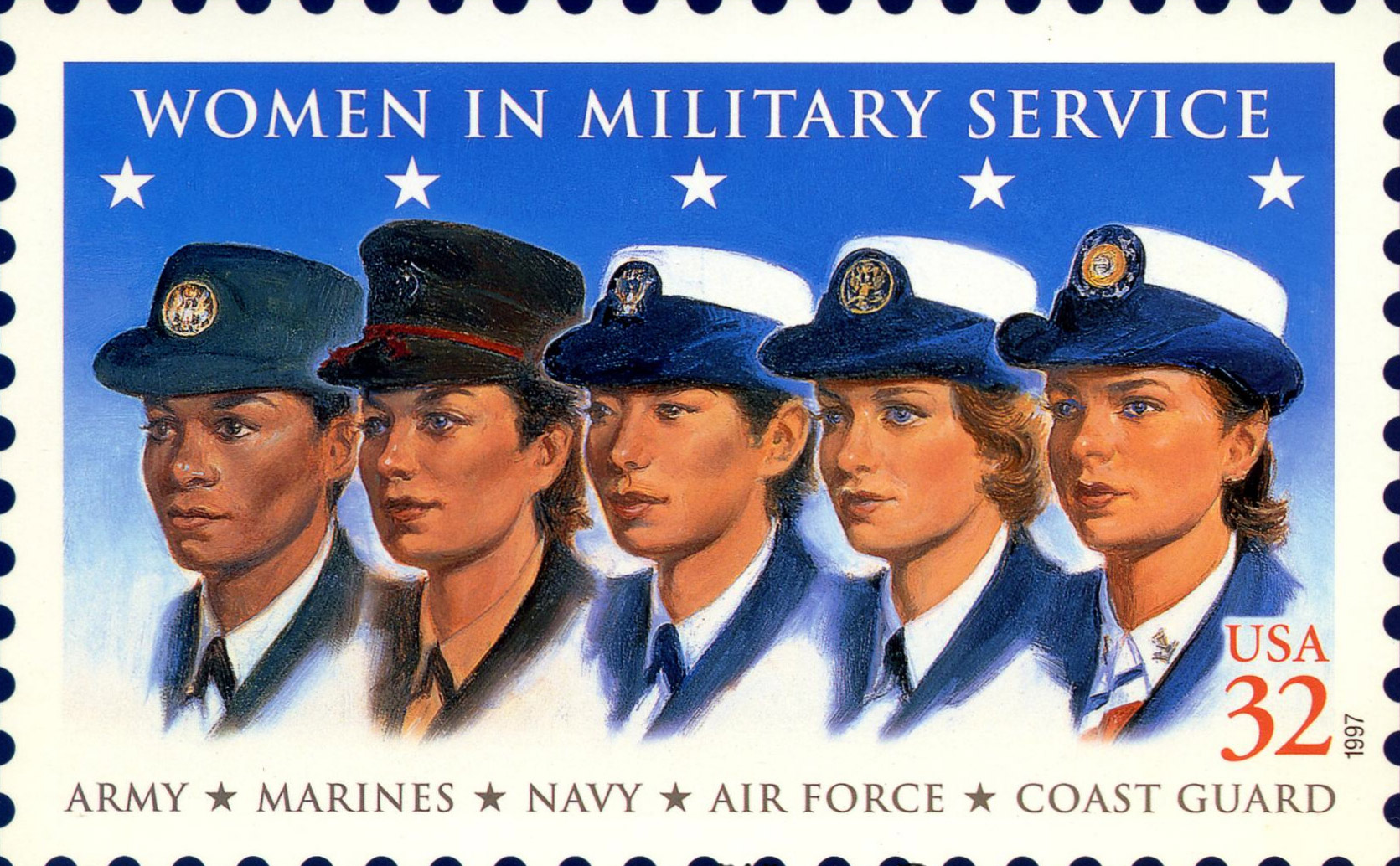Female Vets Face Unique Challenges: What We Can Learn From Ft. Lee
By:
Fort Lee was shaken by yet another lockdown recently. In this case, 33-year-old Sgt. 1st Class Paula M. Walker barricaded herself in a building on the base and fatally shot herself.
We don’t know why Sergeant Walker committed suicide yet, but as this story is developing, it is important to point out the unique challenges women veterans face today.
Returning back to civilian life can be difficult for anyone in armed forces, regardless of gender. Although the Department of Veteran Affairs tries to provide equal treatment, there are still some issues specific to women that are not being fully addressed.
One glaring issue is sexual assault. Almost 1 in 3 military women have been sexually assaulted--twice as high as the civilian rate. The 2013 investigative documentary The Invisible War, which is streaming on Netflix and iTunes, explores this topic in great detail, providing in-depth interviews with women veterans who are survivors of rape, sexual assault, and sexual harassment. What’s talked about even less is how suicide affects these veterans. Women veterans are three times as likely to commit suicide as opposed to their civilian counterparts.

President Obama recently addressed the American Legion promising to overhaul the health system to help veterans, on the same day Sgt. Walker committed suicide.
What can we do to make sure veterans, especially women, are receiving the care they need? Organizations like SWAN advocate for all military women. Senator Claire McCaskill's Victims Protection Act, which eliminates the ability to cite a soldier's good record when defending that soldier against assault charges, is also a step in the right direction.
